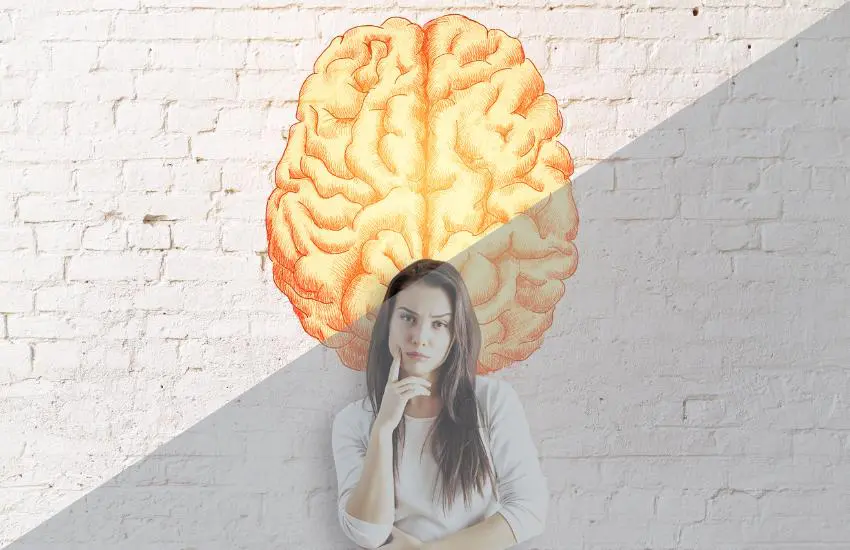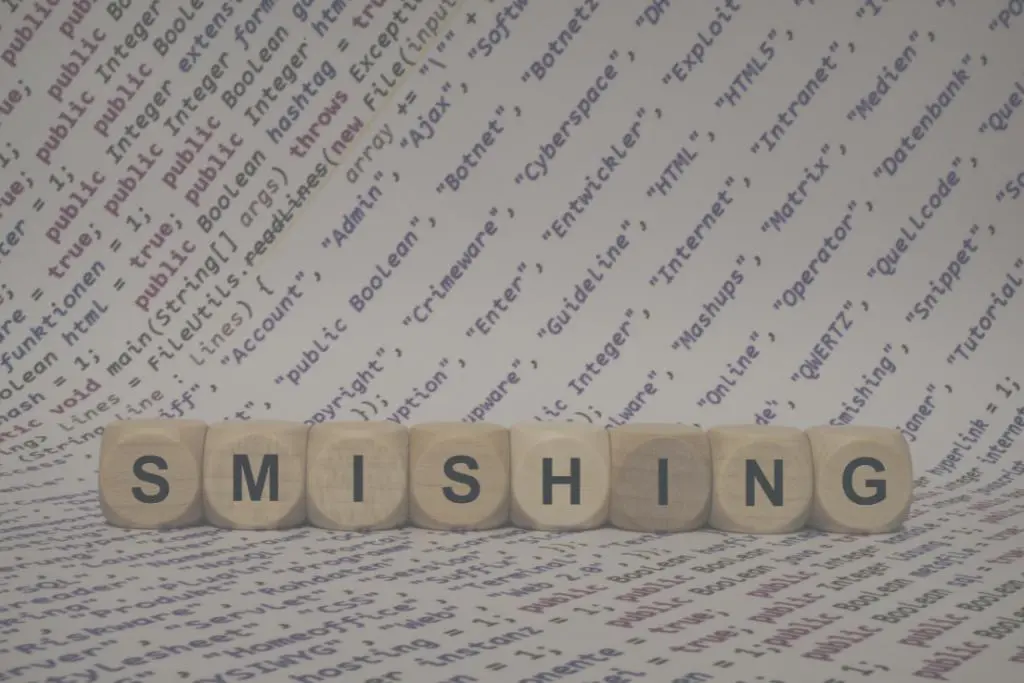In psychology, fluid and crystallized intelligence are theories that converge at different times in a person’s life.
The former is based on accumulated experience, while the latter is based on a person’s ability to adapt to new contexts and situations.
Each type of intelligence requires specific skills to overcome obstacles and although they develop differently, both can be enhanced through learning.
Their importance in the whole educational field, both at the level of teachers and students, makes us consider it important to detail aspects such as their definitions, examples and differences.

What is fluid intelligence?
Fluid intelligence has a genetic basis and is innate to each person, as well as being intuitive. It is based on abstract thinking and people’s ability to adapt to new situations or changes in various aspects of their lives.
Logically, this type of intelligence is not exposed to or influenced by prior learning but it requires mental flexibility.
Fluid intelligence uses innate procedures to, for example, apply different strategies or mental operations when solving problems. Once the learner arrives at a successful solution, it is stored in memory for a later use by crystallized intelligence.
From what we have just said, it can be deduced that fluid intelligence consists of logical reasoning, abstract reasoning and the ability to relate concepts or ideas and to find differences.
The peak of fluid intelligence is around adolescence and its greatest loss occurs in synchrony with aging. The logical connection for this is that neural structures deteriorate as people mature.
Examples of fluid intelligence
Here is a list of some of the most common examples related to fluid intelligence:
- Developing problem-solving strategies.
- Interpreting statistics.
- Philosophical reasoning.
- Solving mysteries, puzzles, riddles or abstract problems.
- Making forecasts.
- Figuring things out.
- Identifying expressions in communication.
- Making syllogisms.
- Ordering.
Subscribe today to SMOWL’s weekly newsletter!
Discover the latest trends in eLearning, technology, and innovation, alongside experts in assessment and talent management. Stay informed about industry updates and get the information you need.
Simply fill out the form and stay up-to-date with everything relevant in our field.
What is crystallized intelligence?
Crystallized intelligence focuses on the ability of people to fix, utilize and properly apply the knowledge they have acquired over time to solve problems or complete tasks.
In crystallized intelligence, the ability to adapt to change is not important. The knowledge previously accumulated through experience and learning is what really matters.
To put it visually, this is a type of intelligence in which consolidated sets of skills are applied to what you know and how you know.
Crystallized intelligence has a fairly stable life expectation, although the rate of deterioration increases with age, as is logical.
Examples of crystallized Intelligence
For example, a person with high crystallized intelligence can use his or her prior knowledge and experience to complete a complex task such as:
- Performing automated activities.
- Writing short texts (letters, diaries) or long texts (books, screenplays).
- Oral presentations. This includes both academic and personal presentations to friends or family.
- Using equipment, devices and technologies.
- Performing daily educational, work, social, and household tasks.

Differences between fluid and crystallized intelligence
We highlight 4 main differences between crystallized and fluid intelligence.
By type of ability
When it comes to the type of skills involved, fluid intelligence is more associated with soft skills such as problem solving, logical thinking and abstract reasoning.
This type of intelligence helps individuals adapt to new situations and environments because they are able to think critically and find innovative solutions to complex problems.
Crystallized intelligence, on the other hand, focuses more on the application of previously acquired knowledge and hard skills, such as reading, writing, and comprehension.
It is the product of years of learning and experience and helps individuals make sense of the world around them by drawing on their accumulated knowledge.
According to experience
Crystallized intelligence is perfected through experience. It peaks between the ages of 60 and 70, while fluid intelligence tends to decline with age from about age 40.
By adaptability
Crystallized intelligence is adaptive, while fluid intelligence is genetic. Therefore, fluid intelligence is more adaptable and flexible than crystallized intelligence.
According to the situation
Fluid intelligence is essential in situations that require quick thinking and problem solving, while crystallized intelligence is essential in situations that require the application of knowledge and skills to complete a task.

Techniques to improve fluid and crystallized intelligence
While both types of intelligence are partially determined by genetics, they can also be improved through education, training and practice.
These types of techniques, because they are simple, usually give good results in digital contexts.
Engage new and unexpected stimuli into your practice
In this sense, gamification in the classroom is an educational methodology that allows you to develop new contexts and situations in your classes.
Thanks to this technique, you can encourage creativity and critical thinking among participants, as well as help you correct recurring negative behaviors.
Engaging in activities that require critical thinking and problem solving, such as puzzles, riddles and brainteasers, can help develop both types of intelligence.
Integrate working memory exercises
Exercises such as alphabetizing words, mental arithmetic or contexts in which the learner is asked to do the opposite of what is asked, help develop working memory and improve flexibility and adaptability in your students.
Combine literacy practices
Promoting reading and writing are practices that improve skills related to both, crystallized and fluid intelligence, such as reading and semantic comprehension, association of ideas and creativity.
A very complete exercise can be to read a book or an extract from it and ask for a written summary of it, since the person must first understand the content, then remember it, and finally transmit it.
Reading and learning new things regularly can also help increase crystallized intelligence by expanding your knowledge and vocabulary.

Get enough sleep and exercise
Getting enough sleep and exercise can help improve cognitive function and increase both types of intelligence.
Practice mindfulness meditation
Mindfulness meditation has been shown to improve working memory, attention and cognitive flexibility, all of which are essential components of fluid intelligence.
Engage in social interactions and discussions
Engaging in social interactions and discussions can help improve both types of intelligence by exposing you to different perspectives and ideas.
Digital environments offer truly effective solutions for improving your students’ crystallized and fluid learning and can also collect performance reports to analyze the success or identify areas for improvement in your practices.
In this sense, Smowltech offers a range of proctoring plans to help you create secure environments for your educational strategies.Please request a free demo so we can show you the innovative tools we can offer you in action. You will see why we are the industry leader.
Updated on
Download now!
8 interesting
facts
about proctoring
Discover everything you need about online proctoring in this book to know how to choose the best software.
Fill out the form and download the guide now.
And subscribe to the weekly SMOWL newsletter to get exclusive offers and promotions.
You will discover all the trends in eLearning, technology, innovation, and proctoring at the hands of evaluation and talent management experts.



